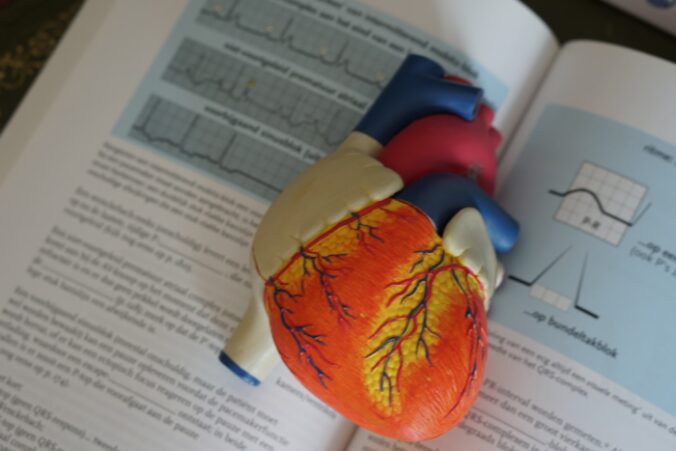A new “soft opt-out” organ donation law will take effect from June 17th. Under this legislation, the State will be allowed to remove your organs upon death without your explicit consent, unless you registered a request to opt out.
When the law was still being debated, I argued that donation should arise only from an informed and deliberate decision on a person’s part. If consent is only presumed, organs will be taken from individuals who never agreed to it, simply because they failed to opt out.
However, there is a more disturbing trend emerging in countries where euthanasia is legal: the practice of harvesting organs from patients who have chosen “medical assistance in dying”. The convergence of opt-out organ donation systems with legalised euthanasia, as seen in the Netherlands, Belgium, and some provinces of Canada, sets a dangerous precedent. The line between patient care and organ procurement becomes perilously blurred.
While donation after euthanasia is already happening in those countries, doctors are now discussing harvesting organs before euthanasia patients are declared dead, in order to preserve organ viability.
They propose that organs be removed under general anaesthesia before the patient is declared dead, thereby maintaining continuous blood circulation and oxygenation to the organs until the moment of retrieval. This method could significantly improve the quality and quantity of organs available for transplantation.
The practice, known as “organ donation euthanasia,” represents a profound ethical breach. It violates the “dead donor rule”, the fundamental medical and moral principle stipulating that organs may only be taken from those who are already dead.
Proponents of this practice argue it is a triumph of autonomy: if a patient chooses euthanasia and also chooses to donate their organs, why should we deny them that choice?
But this logic is dangerously superficial and overlooks the subtle pressures that may influence such decisions. If and when euthanasia becomes normalised, an organ donation system can exert subtle but powerful pressure on the dying. They may feel an obligation to “give back” to society by allowing their organs to be removed from their bodies before they are finally euthanised. And the pressure to opt for euthanasia that bit sooner because your organs will benefit someone will that bit greater.
Even more disturbingly, doctors, many of whom are involved in both euthanasia and organ transplant programs, may, consciously or not, begin to view their patients through a utilitarian lens. The desire to save multiple lives through organ donation can bias physicians toward steering patients toward euthanasia, especially in emotionally charged or economically constrained health systems. What starts as compassionate care can mutate into a system where ending life is seen as medically efficient and socially beneficial.
Ireland must not embark on this perilous path. The combination of a soft opt-out organ donation regime with the potential legalisation of euthanasia is a recipe for abuse and moral pressure. Such a system opens the door to exploitation, particularly of vulnerable patients.
We must defend the foundational principles of medical ethics: that life has inherent dignity and that doctors must never become agents of death. Failing to do so risks transforming medicine into a cold calculation of utility, where the very sick are increasingly valued for the usefulness of their body parts.
















